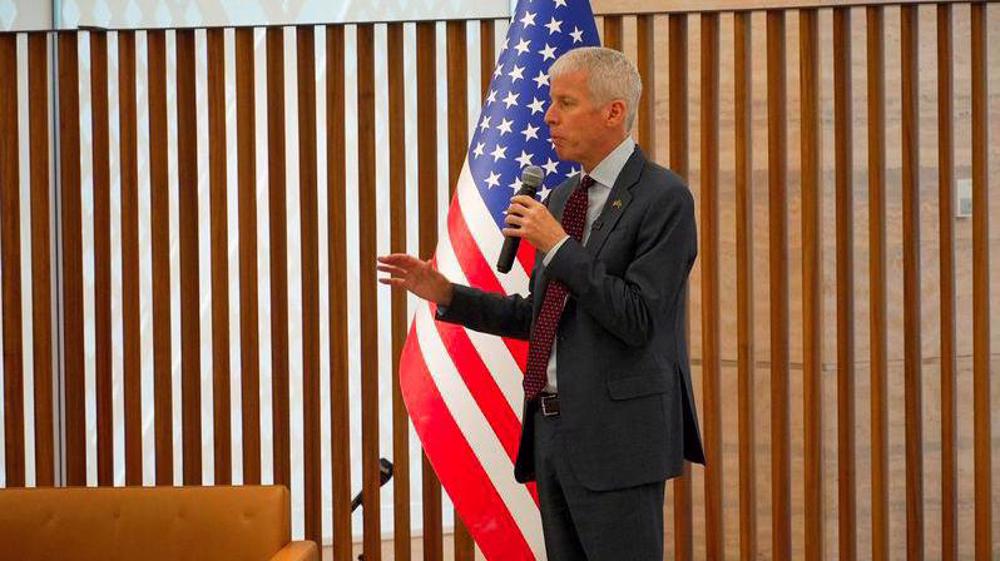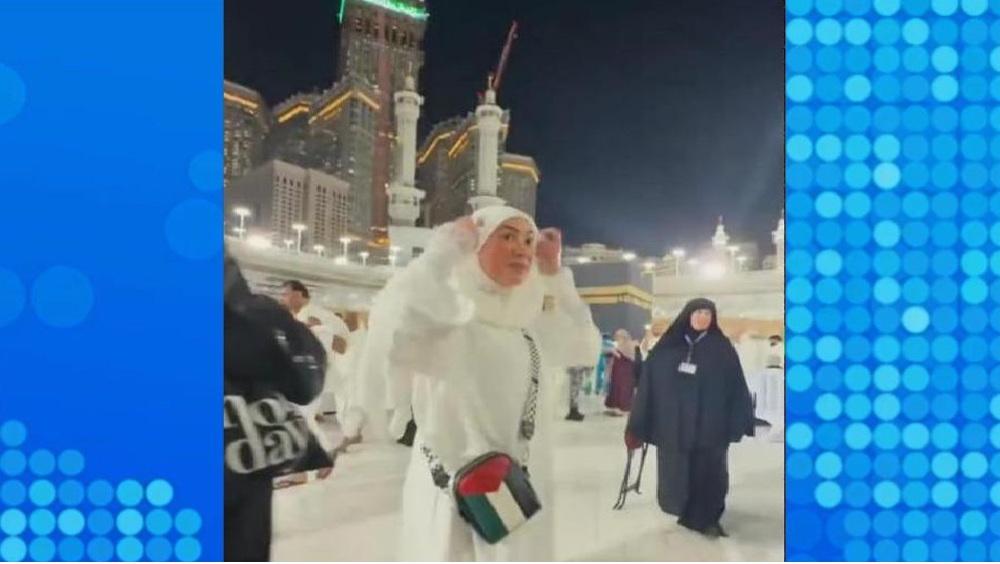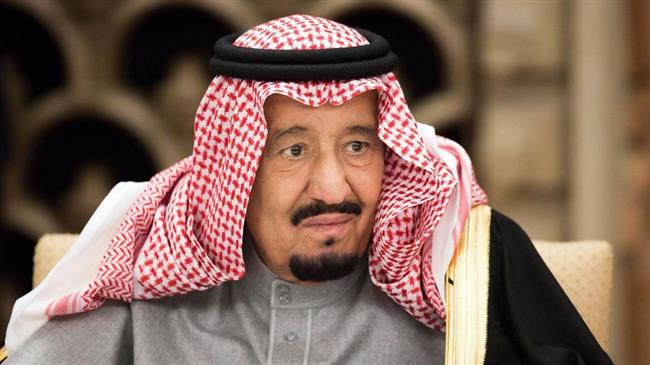Saudi dissident journalist Khashoggi missing after entering consulate in Istanbul
Prominent Saudi dissident and journalist Jamal Khashoggi has gone missing after visiting the Saudi consulate in Turkey’s largest city of Istanbul as a crackdown led by Crown Prince Mohammed bin Salman against Muslim preachers, members of the press and intellectuals widens.
Khashoggi’s fiancée, who asked that her name be withheld, said he entered the consulate at around 1 p.m. local time (1000 GMT) on Tuesday, as she accompanied him but waited outside.
The unnamed woman, who is a Turkish citizen, called police when Khashoggi did not emerge at 5 p.m., after the consulate had officially closed.
Turan Kislakci, a friend of 59-year-old Khashoggi, said there was still no sign of him by midnight.
“We have talked with some Turkish authorities and the police. I think 100 percent that he is inside,” he said.
🔸لا نستغرب أن يكون اختفاءُ الكاتب #جمال_خاشقجي هو عملية اختطاف نفذتها السلطات السعودية في محاولة لإسكات صوته .. لا نستغرب ذلك في ظل استمرار عمليات الاعتقال التعسفية بحق المفكرين والإعلاميين!!
— معتقلي الرأي (@m3takl) October 2, 2018
ملاحقة الناشطين في الخارج سابقة خطيرة لا ينبغي السكوت عنها ! pic.twitter.com/h1fhTBwUOl
The rights group Prisoners of Conscience, which is an independent non-governmental organization advocating human rights in Saudi Arabia, announced in a post on its official Twitter page that it did not dismiss the possibility that Khashoggi's sudden disappearance was an attempt to silence the writer.
The Arab21 news website reported that the author paid a visit to the Saudi consulate in Istanbul last week, but was told by officials at the time to return at a later date to complete an application related to family matter.
Khashoggi, a prominent commentator on Saudi affairs who writes for The Washington Post’s Global Opinions section, has lived in self-imposed exile in the United States since September of last year, when he left Saudi Arabia over fears of the Riyadh regime’s crackdown on critical voices.
🔴 نحمّل السلطات السعودية (بمن فيهم السفارة السعودية في اسطنبول) المسؤولية الكاملة عن سلامة الكاتب #جمال_خاشقجي، و نعلن رفضنا لأي من أساليب الدولة البوليسية (وعلى رأسها جرائم الخطف) في التعاطي مع أصحاب الرأي والفكر الحر!! pic.twitter.com/xTkl26s3Vw
— معتقلي الرأي (@m3takl) October 2, 2018
Eli Lopez, senior editor of Global Opinions at the Washington Post, said the newspaper is "very concerned" about where Khashoggi may be after failing to reach him on Tuesday.
"We are monitoring the situation closely, trying to gather more information," Lopez said in a statement.
He added, "It would be unfair and outrageous if he has been detained for his work as a journalist and commentator. Jamal is a great writer and insightful political observer, deeply committed to the open exchange of ideas; we are honored to have his point of view be part of our Global Opinions. We hope that he is safe and that we can hear from him soon."
Saudi Arabia has recently stepped up politically-motivated arrests, prosecution and conviction of peaceful dissident writers and human rights campaigners.
Saudi officials have also intensified security measures in the Shia-populated and oil-rich Eastern Province.
Eastern Province has been the scene of peaceful demonstrations since February 2011. Protesters have been demanding reforms, freedom of expression, release of political prisoners, and an end to economic and religious discrimination against the oil-rich region.
The protests have been met with a heavy-handed crackdown by the regime, with Saudi forces beefing up security measures across the province.
Over the past years, Riyadh has also redefined its anti-terrorism laws to target activism.
In January 2016, Saudi authorities executed Shia cleric Sheikh Nimr Baqir al-Nimr, an outspoken critic of the policies of the Riyadh regime. Nimr had been arrested in Qatif in 2012.

Saudi Arabia, US to sign agreement on civil nuclear program: Energy secretary

Saudi Arabia calls for 'maximum pressure' on Israel as UN warns of ‘longest Gaza blockade’

Saudi police ‘detain’ female pilgrim for displaying Palestinian flag in Mecca
UNRWA raises alarm over dire humanitarian crisis in Gaza amid Israeli blockade
China dismisses Ukraine's allegation of weapon supplies to Russia as 'groundless'
Death toll from US airstrikes on Yemen rises to 74
Iran: World must hold Israel accountable for mass murder, targeting children
Iran: Agreement with US within reach if Washington is realistic
Hayya: Hamas ready to hold talks for ‘comprehensive’ peace deal
Iran strongly condemns 'brutal' US airstrikes on Yemen’s fuel port
IRGC kills ringleader of terror group behind deadly attacks in SE Iran















 This makes it easy to access the Press TV website
This makes it easy to access the Press TV website